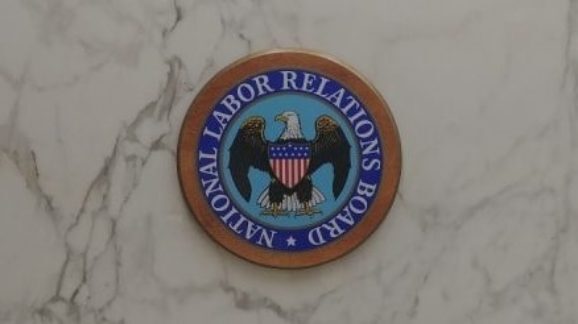NLRB Proposes Third Rewrite of Joint Employer Rule in Four Years

Photo Credit: Getty
As expected, the National Labor Relations Board (NLRB) has proposed a new version of the “joint employer” rule, which establishes when a business is legally responsible for labor law violations at another business. Once again, the board’s Democratic members are arguing that this should go beyond cases where one business has “direct control” over another, which is the current standard, and extend to include cases of “indirect control.” The board tried to enact this rule in 2018. Yet, indirect control is a term with no clear definition. Adopting it as a standard runs contrary to whole point of a federal rule, which is to provide clarity about government regulations.
Notably, the board issued a rulemaking on this very matter in 2020 that reaffirmed the longstanding “direct control” standard after the Obama administration-era board had tried to adopt indirect control. The current board, once again with a Democratic majority, is proposing to release the third version of the rule in four years. It argues that “because the joint-employer standard has changed several times in the past decade, the Board sees a heightened need to seek public comment on this important area of labor law.” Never mind that the board did this as recently as two years ago and that doing it again will only create more confusion.
The majority is at least clear that this rule change is primarily about extending the board’s reach, stating in its latest proposal that the current version includes “control-based restrictions that unnecessarily narrow the common law and which threaten to undermine the goals of Federal labor law.” The goal in question being the National Labor Relations Act supposedly encouraging collective bargaining. As CEI has pointed out numerous times, that is not what the author of the NLRA claimed regarding the law.